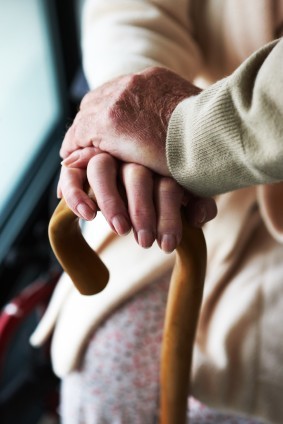Sir Bruce Keogh, Medical director of NHS England has warned that the future of the NHS could be in danger as it cannot cater for the growing demands for treatment from an ageing population.
Speaking to the Guardian, Keogh said: “If the NHS continues to function as it does now, it’s going to really struggle to cope because the model of delivery and service that we have at the moment is not fit for the future.”
The recent rise in people visiting accident and emergency (A&E) units has seen some GP surgeries needing to open for longer hours to cope with the level of demand. And just last weekend (16th January) reports indicated that Royal Blackburn hospital had introduced a “winter ward” in an attempt to ease pressures on A&E departments.
Acknowledging this, Keogh said: “We will get to a place where the NHS becomes unaffordable and we will have to make some very difficult decisions which will get to the very heart of the principle of the NHS and its values.
“This will open up a whole series of discussions about whether the NHS is fit for purpose, whether it’s affordable, and whether the compact with the citizen of free healthcare for all is sustainable in the longer term,” he said.
However, he categorically denied that the NHS is in crisis, adding “Everybody that’s working out there in the NHS knows that they’re under a lot of pressure at the moment. They don’t like the term ‘crisis’ being applied willy-nilly.
“It’s an evocative term which is also provocative and is used too freely under a lot of pressure at the moment. They don’t like the term ‘crisis’ being applied willy-nilly, for the wrong reasons. It’s a period of unprecedented pressure, of undue pressure. But the NHS is facing very difficult times, yes. The word ‘crisis’ implies that you can’t deal with it.
“[NHS frontline services] are going through a critical phase,” he said, but insisted that they will recover.
Keogh spoke of his belief that, in the next few years the NHS will need to embark on a “complete transformation” with regards to the way that it operates, to ensure it remains sustainable. This would mean that hospital consultants would need to visit patients in their GP surgery, with the sickest patients given a lot more time to talk through their health problems than the normal 10-minute appointment slot with a family doctor. Many more aspects of care would also be offered at GP surgeries as opposed to a person’s local hospital.
Keogh said that by providing more services under the one roof, patients would be less frustrated and would not need to attend numerous appointments in many different places.
“Too many patients find the NHS fragmented [and] confusing,” he told the Guardian. “They find that they get pushed from pillar to post; they feel like a ball in a pinball machine at times.”
But he insisted that NHS England was confident the major changes outlined in its Five Year Forward View blueprint for the future of the NHS, which was released in October, would help the service to remain viable. The priority in the future will be to keep as many people as possible away from hospital “dormitories” where they are at risk of infection, he said.
